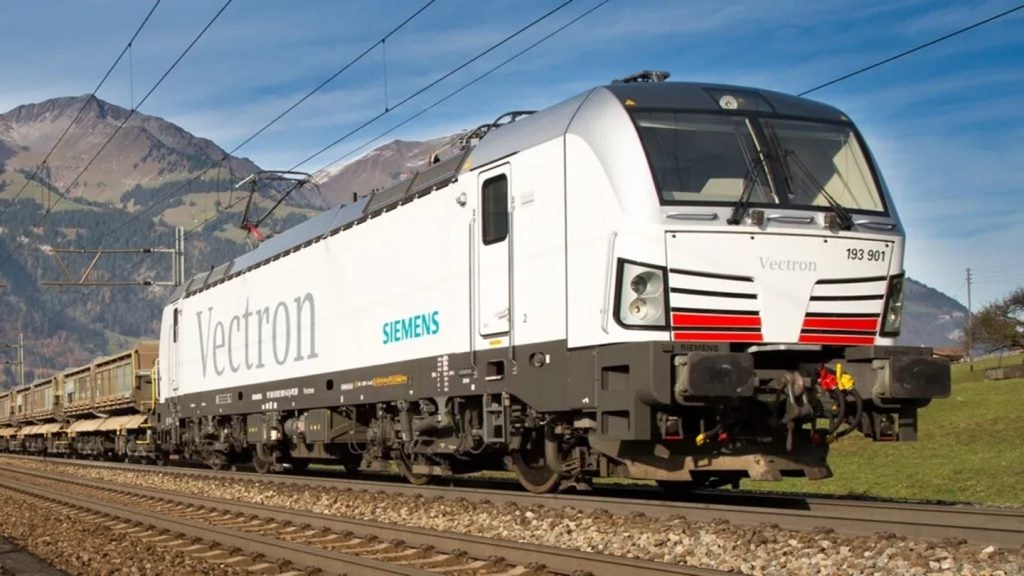Network Rail and Transport for Wales (TfW) have rolled out life-saving equipment to more railway stations across the Wales and Borders route.
Several of Transport for Wales’ stations already have defibrillators, a device which gives a high energy electric shock to the heart of someone who is in cardiac arrest.
Investments at stations in Wales and England cover several cities, towns and village communities.
The companies equipped defibrillators at 21 railway stations at a cost of over £21,000. The defibrillators come with instructions for ease of use.
The life-saving equipment has been installed at Holyhead, Bangor, Llandudno Junction, Llandudno Town, Colwyn Bay, Rhyl, Wrexham, Prestatyn, Flint, Hereford, Carmarthen, Cathays, Treherbert, Rhymney, Trefforest, Llanelli, Craven Arms, Knighton, Llandrindod Wells, Pontarddulais and Llandeilo stations.
The Department for Transport, as part of its National Stations Improvement Programme, provided funding.
How well do you really know your competitors?
Access the most comprehensive Company Profiles on the market, powered by GlobalData. Save hours of research. Gain competitive edge.

Thank you!
Your download email will arrive shortly
Not ready to buy yet? Download a free sample
We are confident about the unique quality of our Company Profiles. However, we want you to make the most beneficial decision for your business, so we offer a free sample that you can download by submitting the below form
By GlobalDataNetwork Rail route director for Wales and Borders Bill Kelly said: “Putting passengers first is at the very heart of what we aim to achieve at Network Rail and nothing could be more important than the health and wellbeing of the passengers that travel on our network. The roll out of more defibrillators to more stations really could mean the difference between life and death.”
Transport for Wales seeks to transform the network across Wales and the Borders, with new services and rolling stock, new solutions, and a programme of station investments.
Plans include £738m investment to transform the valley lines to Treherbert, Aberdare, Merthyr Tydfil, Rhymney and Coryton, electrifying 172km of track and upgrading infrastructure to enable improved journey times and more trains every hour.
With an £800m investment, Transport for Wales seeks to ensure that 95% of journeys are on new trains from 2023.







